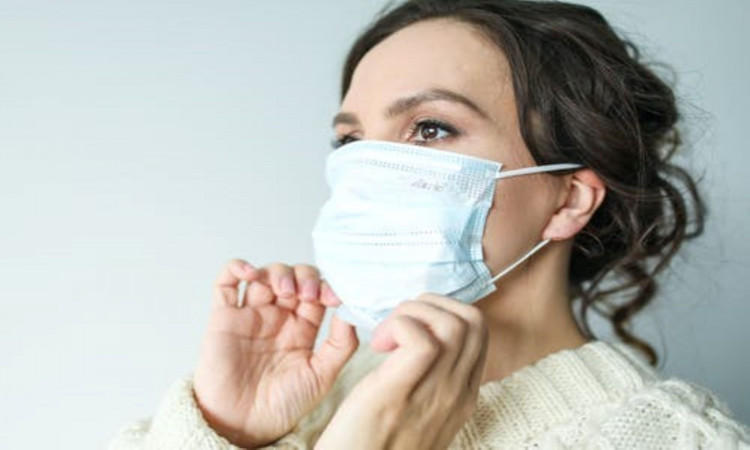With the dramatic increase of cases and deaths due to the coronavirus around the world, it is indeed best to keep yourself protected from it. Experts say, one of the best ways to do it is to wear a mask whenever you are outside of the house, whenever you feel sick, or whenever someone inside your home is not feeling okay. But how can these masks help you?
The transmission of the coronavirus is through droplets of body fluids, which can be released by the body through sneezing, talking, and coughing. Wearing masks can help you or other people become secured of the virus as it could trap these droplets and block the virus before it gets inside of you or to another person, as advised by the World Health Organization.
Unfortunately, though it could be a great help for most people, using facemasks can put other people's lives at risk according to some experts. Due to this reason, some people have been excluded to wear masks. Some of those people are those that are aged two years old and below.
According to the experts from the American Academy of Pediatrics, children belonging to this group must not be allowed to wear facemasks as it could cause difficulty of breathing and suffocation. This is due to how children younger than 2 years old are still unable to communicate to adults very well, explains Dr. Jennifer Shu, a certified pediatrician, and spokeswoman for the American Academy of Pediatrics. They also have not fully developed their motor skills yet, which would make it difficult for them to remove the mask whenever they need to.
Though wearing masks can be risky for some people, healthy people can still wear them without any problem. Dr. Jennifer L. Kasten, a practicing pathologist in Ohio, claims wearing facemasks cannot cause hypoxia or the lack of oxygen in the body's cells, which could eventually cause organ failure, to healthy individuals. The masks that are currently been sold in the market are designed to let users breathe normally without trapping of air.
According to experts, though it won't cause hypoxia, people who wear masks like N95 or surgical masks for longer hours are more prone to hypercapnia, which is a health condition where too much carbon dioxide can be found in a person's bloodstream, as reported by USA Today. So it is still a must to take a break by removing the mask in a safe and sanitized area once in a while.






